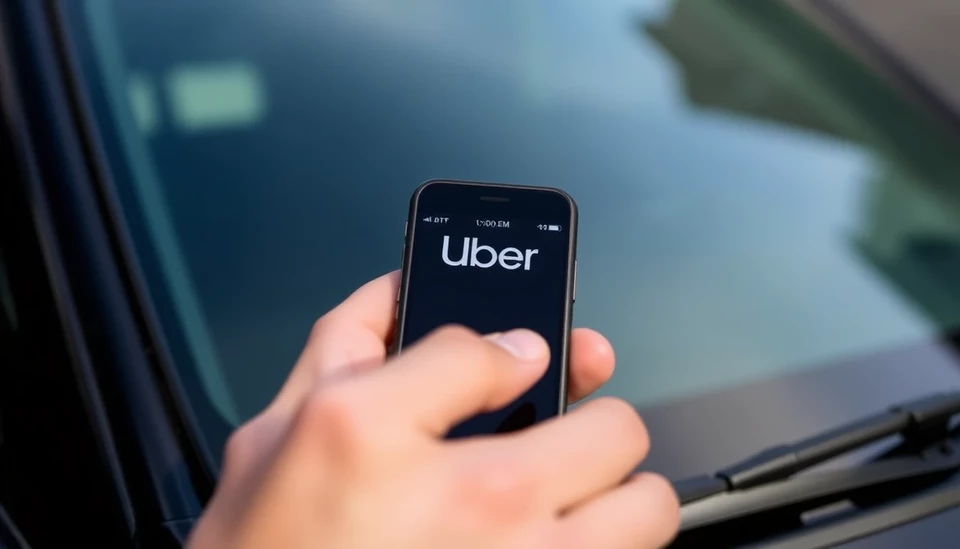
In a startling revelation, Uber has come forward with serious allegations against two New York groups accused of orchestrating a fraudulent scheme that allegedly involves faking car crash injuries. The ride-hailing giant assertively claims that these groups have taken advantage of the booming ride-sharing industry, manipulating the system to extract undue financial compensation.
The allegations were outlined in a recent legal filing, where Uber categorized the activities of these groups as not only deceptive but also damaging to the company’s operations and reputation. The complaint highlights a series of dubious claims made by individuals purportedly injured in minor car accidents involving Uber drivers. The company argues that the nature of these claims has raised red flags, pointing to a pattern of excessive and unnecessary medical treatments sought for injuries that do not appear to be genuine.
According to legal documents obtained by industry insiders, Uber is calling for a thorough investigation into these alleged fraudulent claims. The filing suggests that the groups in question have engaged in an organized effort to submit inflated medical bills and misrepresent the severity of injuries suffered during routine rides. This, Uber contends, has not only led to exorbitant costs for the company but has also contributed to increasing insurance rates impacting all ride-sharing services.
Uber’s legal pursuit signals a more proactive stance in combating what they term a rising wave of fraud affecting the legitimate operations of ride-hailing services. The company has long been under scrutiny regarding its safety protocols, and these allegations add another layer of complexity to its ongoing battle to ensure the integrity of its service. Uber is reportedly setting aside significant resources to tackle this issue, aiming to deter future fraudulent claims and reinforce its commitment to safety and customer trust.
As part of this initiative, Uber is también enhancing its onboard training for drivers to help them document incidents more effectively, thereby providing a clearer narrative should a dispute arise. Additionally, the company plans to collaborate closely with law enforcement and regulatory agencies to identify and prosecute individuals involved in fraudulent activities.
Industry experts note that the ride-sharing sector is particularly vulnerable to such schemes, as the influx of players and the rapid adoption of the service have created opportunities for exploitation. This case could set a significant precedent within the industry, potentially leading to more stringent measures being implemented to protect against fraud.
As the situation unfolds, Uber is likely to maintain a spotlight on the integrity of its operations, attempting to reassure users and drivers alike that their safety and well-being are top priorities. The company’s decisive actions indicate a commitment to navigating this challenge head-on, aiming to safeguard its reputation and operations against fraudulent practices.
In conclusion, the allegations presented by Uber reflect a growing concern among ride-sharing companies about the implications of fraudulent activities within their ecosystems. As legal proceedings progress, it will be critical to observe the outcomes and how they impact broader industry standards regarding fraud prevention and detection.
#UberFraud #RideSharing #FraudPrevention #CarAccidentClaims #LegalBattles #ConsumerTrust
Author: Victoria Adams




